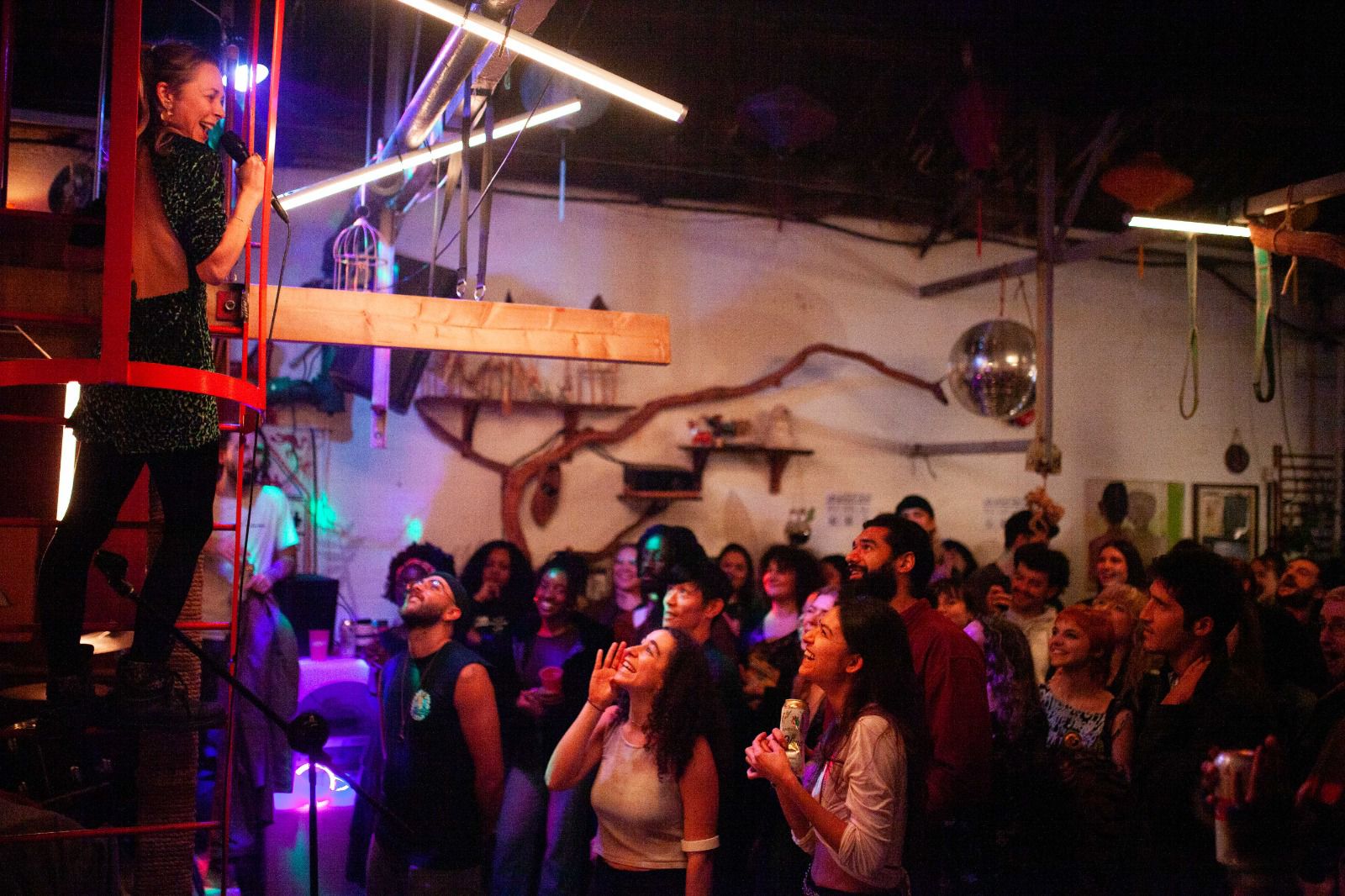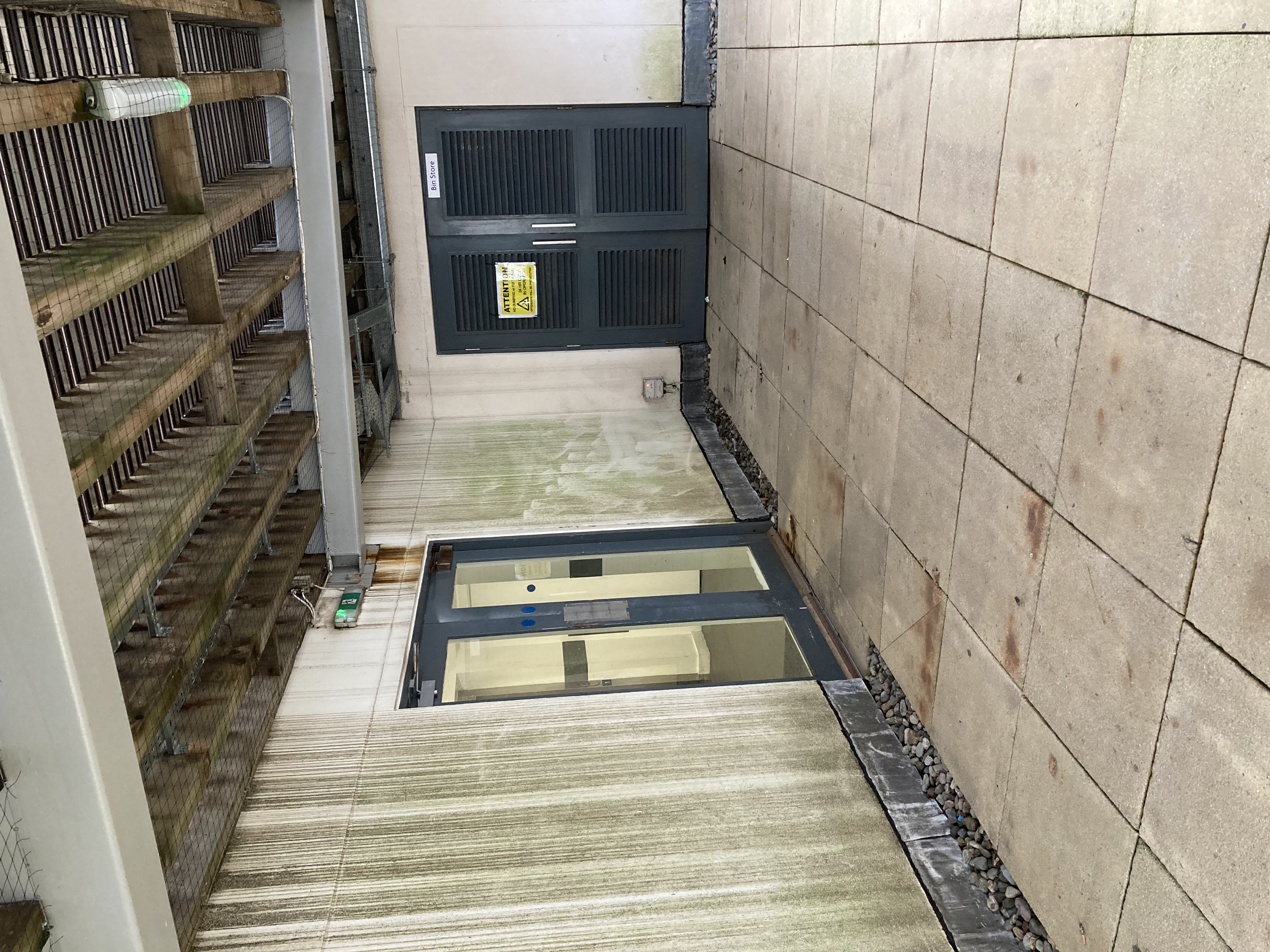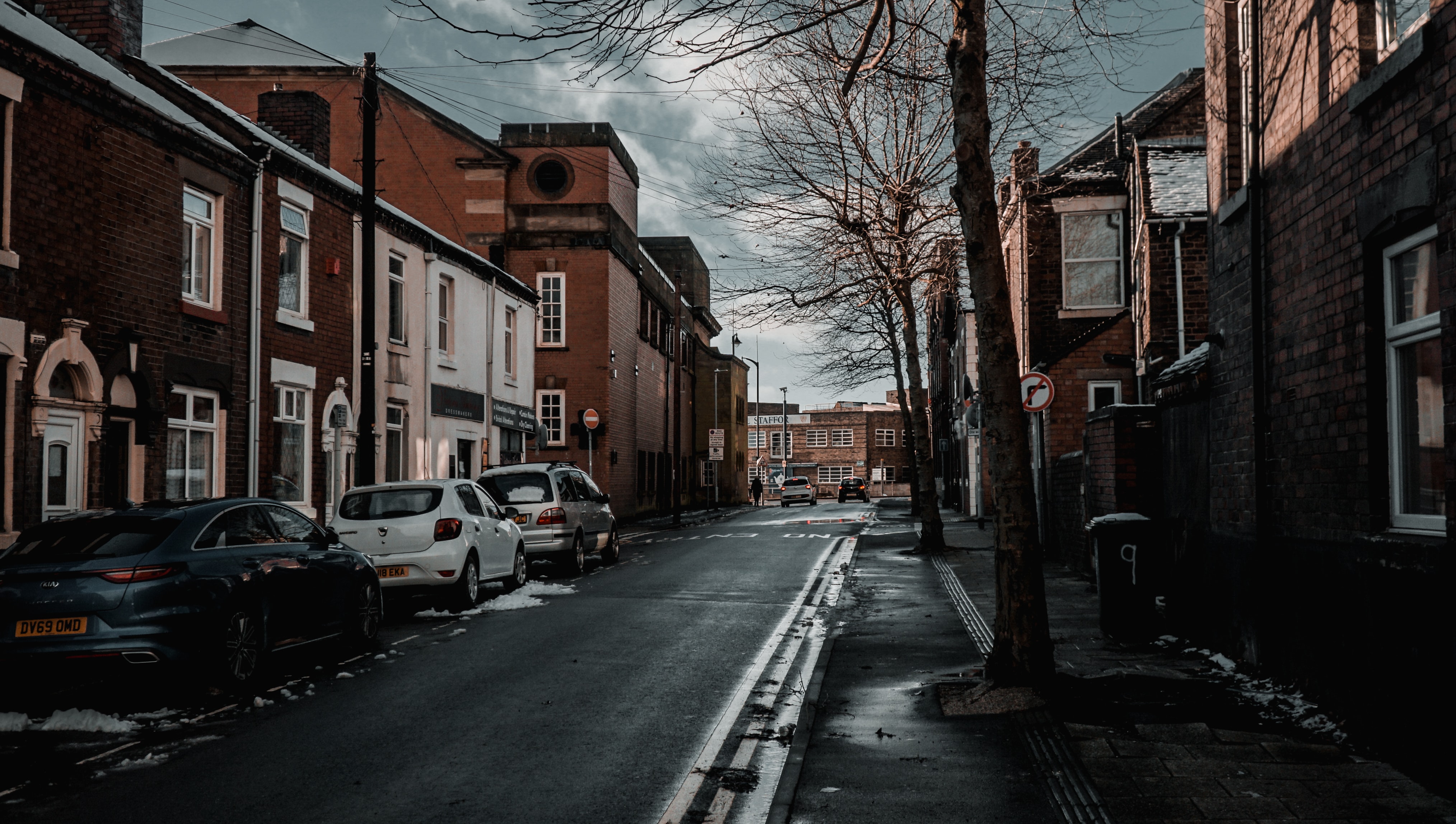The next housing crisis: Shared ownership
Shared owners face a triple whammy: rising mortgage payments, rises in the rental charge on the portion of the property they don’t own, and ever-rising service charges. And worst of all? They virtually can't get out.
The Conservative Party knows its audience, so it was no surprise to see Jeremy Hunt ushering mortgage lenders into a negotiating room last month, desperate to find ways to soothe the pain of interest rate rises for homeowners.
Knowing he needed to avoid a wave of home repossessions just months before a general election, the chancellor thrashed out a series of measures to keep struggling borrowers in their own homes. These included the chance to switch to a longer term loan or to an interest-only deal, and a 12-month pause after failing to pay before they lose their home.
What Hunt’s concessions lacked was any sweetener for the owners who have the most to lose: those urged into ownership by the government, including those using Help to Buy and shared ownership agreements.
Help to Buy allowed young lenders to access properties they couldn’t really afford in an attempt to artificially stimulate the housing market and, with it, the British economy.
For shared owners, the deal is even worse.
The arrangement is designed so that shared ownership buyers are required - not encouraged, but forced - to buy in at the highest share of a property they can afford. At the moment they pick up their keys, they’re maxed out.
Shared ownership is popular among people on lower-middle incomes, including public sector workers such as nurses and teachers, who two decades ago would certainly have been able to own their own home outright. But today, particularly in London and other major cities, they rely on a now-toxic arrangement of part-rent, part-own to put a first step on the housing ladder.
The mortgage crisis is now exposing just how precarious shared ownership is.
With inflation running at such high rates, shared owners now face a triple threat to their finances: rising mortgage payments, rises in the rental charge on the portion of the property they don’t own, and higher service charges claimed by the owner and manager of the building. Shared owners are now only facing an impossible financial challenge ahead, they’re also the least likely to be able to sell to get out of it.
Their situation is so desperate that the plight of shared owners may well be be the next big housing debacle that politicians will have to front up to.
The mortgage crisis is now exposing just how precarious shared ownership is. Shared owners, forced to buy in at their highest affordable percentage, are often employed in industries - particularly the public sector - in which wages have stagnated over more than a decade. Now, with the cost of living crisis meaning food, energy and other bills are rising, they are already uniquely exposed to the cost of living crisis. Then their housing tenure simply piles on the pressure.
The co-owner in a shared ownership arrangement is usually a housing association, and given the long-standing failure of successive governments to invest in new social housing, these organisations have to fund their core work somehow. They have, quite openly and rather brazenly, been relying heavily on shared owners to balance their books. Rent rises for shared owners have been collectively capped at 7 per cent for this year, but there is no agreement on the coming financial years yet and owners are fearful as pressure on government budgets continues to bite.The lack of a clear financial commitment to spending on social housing from the Labour Party - likely to form the next government at the start of 2025 - is only adding to that anxiety.
These rent rises, especially when added to rising service charges for building maintenance, are already higher than experienced by tenants in the unfit for purpose private rented sector. Since the appalling events that led to the Grenfell Tower fire disaster were uncovered, leaseholders and shared owners have also had to bear the additional cost of funding cladding remediation work in line with government expectations - charges that cannot (for obvious reasons) be levied on the social housing tenants who are their next door neighbours. It’s not just that it is wrong, it also potentially stokes resentment within the communities these associations are trying to build. What is the point of describing owning a share of your home as an aspiration if the tenant next door can witness that dream turning into a nightmare.
These problems and more were set out earlier this year in a powerful report by the pressure group Shared Ownership Resources. The study found that there is no clear evidence that shared ownership is a pathway to full home ownership - as it is often marketed - for the majority of households who take it up. It also confirmed that there were conflicts of interest caused by the “cross-subsidy” housing model, which allows housing associations to use profits from shared ownership to fund homes for social rent.
So what now for Britain’s shared owners? They’re angry, and they’re trapped.
Most importantly, the report warned that the government’s own affordability assessment for buyers totally ignores the fact that rent increases annually even while incomes are flatlining, and mortgages were only ever likely to become more expensive following a period of historical lows. In this climate, who would ever be able to staircase up to full ownership? It was always a chimera.
As one owner, Mary McAllister, confided to researchers: “I had to pass an affordability test with the housing association initially, but now nobody cares whether I still can afford it. If I could sell, I would, but I cannot.”
So what now for Britain’s shared owners? They’re angry, and they’re trapped. It’s very hard to sell a share in property; housing associations often make sellers find a new buyer at the exact percentage they own, and yet does little to help in that complex search.
Some market analysts, including the residential property expert Neal Hudson, have told me that they expect the only further intervention from Rishi Sunak or Jeremy Hunt to come for those who have bought through these government-backed schemes. They know that otherwise the homeowners will be quickly repossessed putting pressure back on homelessness services. Or, should their housing association prove, they could be converted back into tenancies - wasting all that investment in building a new Tory home-owning democracy.
Whether the government acts now or not, a vocal clapback is coming from despondent shared owners. With housing set to be a defining general election issue, many ears are sharpened to finally hear them.
The Lead is now on Substack.
Become a Member, and get our most groundbreaking content first. Become a Founder, and join the newsroom’s internal conversation - meet the writers, the editors and more.





